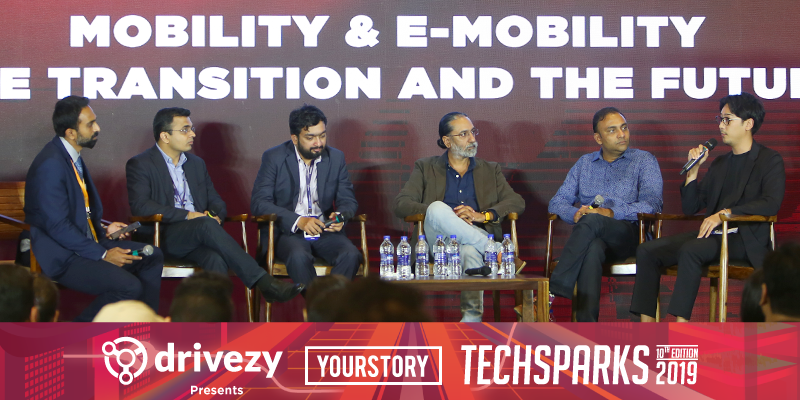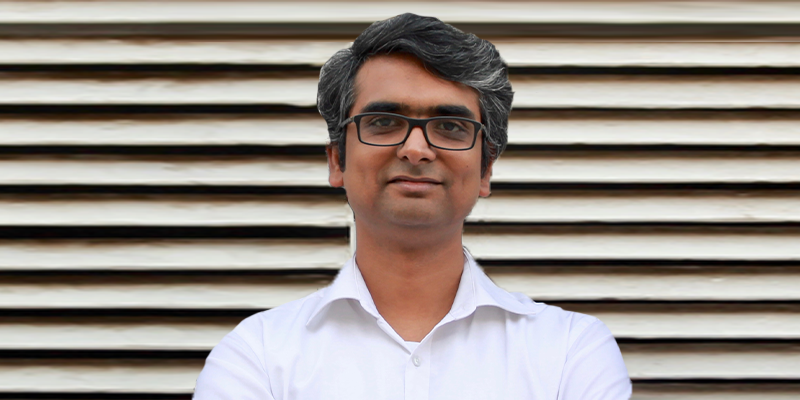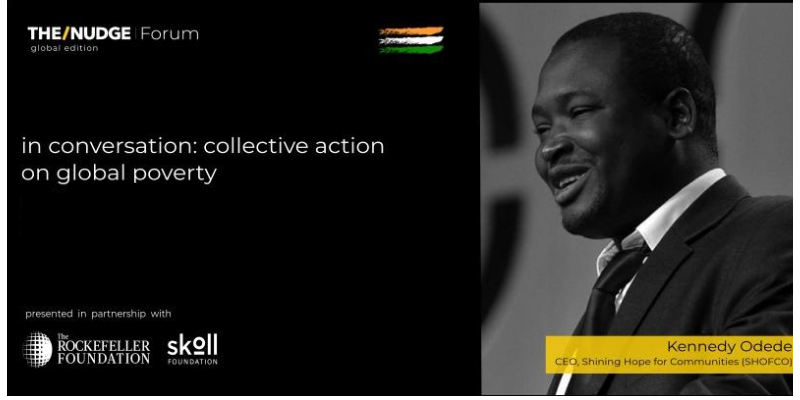Techsparks 2019: Is India ready to embrace e-mobility and ride the next wave of connectivity?
A recent survey by the WHO of pollution levels of 1,600 cities across the globe ranked Delhi the worst when it came to air quality. It estimated that 2.2 million people in the Capital suffer from lung damage. As of October 2017, the city measured an air quality index (AQI) of 999 – the equivalent of smoking 45 to 50 cigarettes a day. The World Health Organization guideline is 10 μg/m3. Earlier this year, the government launched 'The National Clean Air Programme' which aims to reduce PM2.5 and PM10 concentrations by 20-30 percent by 2024 (2017 as the base year). The initiative will be implemented in 102 cities with air quality that falls short of the National Ambient Air Quality Standards.
One of the main contributors to the deterioration in air quality has been the significant increase in the country’s vehicular population. According to The International Organization of Motor Vehicle Manufacturers 2018 Statistics, over 2.17 million passengers cars were sold in India in 2017-18 and 1.17 million during H1 2018-19. This has led to a sharper focus on the need, especially among automotive players, to seek alternative energy sources to fossil-fuel, with e-mobility emerging on top. While globally there has been a huge increase in the adoption of hybrid and EVs (electric vehicles) (It is estimated that by 2025, more than 50 percent of vehicle sales in Europe will be EVs), India has only in recent times seen a more discernible shift towards their adoption. This despite that fact that the Indian Government formulated the ‘National Electric Mobility Mission Plan (NEMMP) 2020’ in 2013. However, e-mobility has seen greater impetus with Phase 2 of the FAME (Faster Adoption and Manufacturing of Hybrid and Electric vehicles), which was announced in April 2019.
This set the stage for the panel discussion Mobility & E-Mobility: The Transition and the Future featuring Ashwarya Singh, CEO & Co-Founder, Drivezy; Bhuwan Lodha, Vice President, Digital Innovation, Group Strategy Office, Mahindra & Mahindra Ltd.; Ravneet S. Phokela, Chief Business Officer, Ather Energy, Amit Gupta, Co -founder and CEO, Yulu; Sho Nakagawa, Director, Harbourfront Capital, and moderated by YourStory’s Vishal Krishna.
In a country where most people buy cars based on mileage and convenience, Ashwarya said that for him sustainability was more relevant than just talking about mobility or e-mobility. “The sharing economy is all about being sustainable and bringing down the cost of practical ownership. For e-mobility to catch on, there has to be better infrastructure. Twenty years ago, people looked for petrol station before buying a car. Today, people will look for better availability of charging stations before investing in EVs. Once people lose this fear in terms of UX, you will see more such vehicles on the road.”
Speaking about Ather Energy’s journey, Ravneet said, “It's been an interesting ride in the last few years, and specifically since we launched in Bengaluru. The question is what role do we play in migrating people to EVs? I feel very strongly that the only way to drive people is not to say ‘Save the world, etc.’ The reality, whether we want to admit it or not is that most people see these issues as someone else’s problem. The easiest way is to create products that people desire – products that are aspirational, which are equal to or better than their petrol counterparts. We have to give them a legit reason to move from what they use.”
Last-mile connectivity solution provider Yulu, with its distinct blue two-wheelers, already has a presence across cities including Bengaluru, Pune, Mumbai and Bhuvaneshwar, has a wide range of users from students to CEOs. Speaking about their widespread acceptance, Amit said, “We started out as a bicycle company in 2018. We started placing our bikes in areas where commuters needed last-mile connectivity and people started using them immediately. We then decided to motorise the vehicles and install an IoT device, to solve this challenge, which is typically for distances of less than five kilometres. One of the challenges has been that in shared mobility, the vehicles are used very differently. So we decided against Activas and Scootys and designed a vehicle that would be easy to handle, with fewer parts, that could be ridden without any fear. We also have an entire EV value chain that includes charging stations across the cities we operate in and consumers are loving the convenience. ”
While other players are fairly new entrants to the market, Mahindra and Mahindra have been established in the market for a while. Speaking about the way ahead, Bhuwan said, “It’s all about winning the journey for customers. It’s about creating a seamless experience for the customer that is hassle-free.” Earlier this year, they launched their premium e-mobility service Glyd, with features such as in-car Wi-Fi, web-conferencing service, and entertainment and music content streaming, bolstered seats, wrap-around headrests, custom-designed armrest, air-purifier and a privacy screen. “We’ve initiated a change in mindset. In India, shared mobility is not associated with luxury or with premium service. We’ve set up a vehicle that is premium and shared and electric,” Bhuwan added.
Finally, in terms of innovation in global markets like Japan, Sho Nakagawa said, “E-mobility is one of the main focus areas in Japan as well. With a large working population, providing connectivity solutions to customers, companies like Honda, Toyota ad Suzuki are working together to create these solutions as they realise it cannot be done alone and large amounts of money are being invested for this.”
YourStory's annual extravaganza TechSparks brings together the best and the brightest from the startup ecosystem, corporate world, policymakers and, of course, the investor community. Over the past decade, TechSparks has grown to become India's most loved tech and startup platform for knowledge sharing and networking. A big thank you for all your support over the years and a big shoutout to our sponsors.













